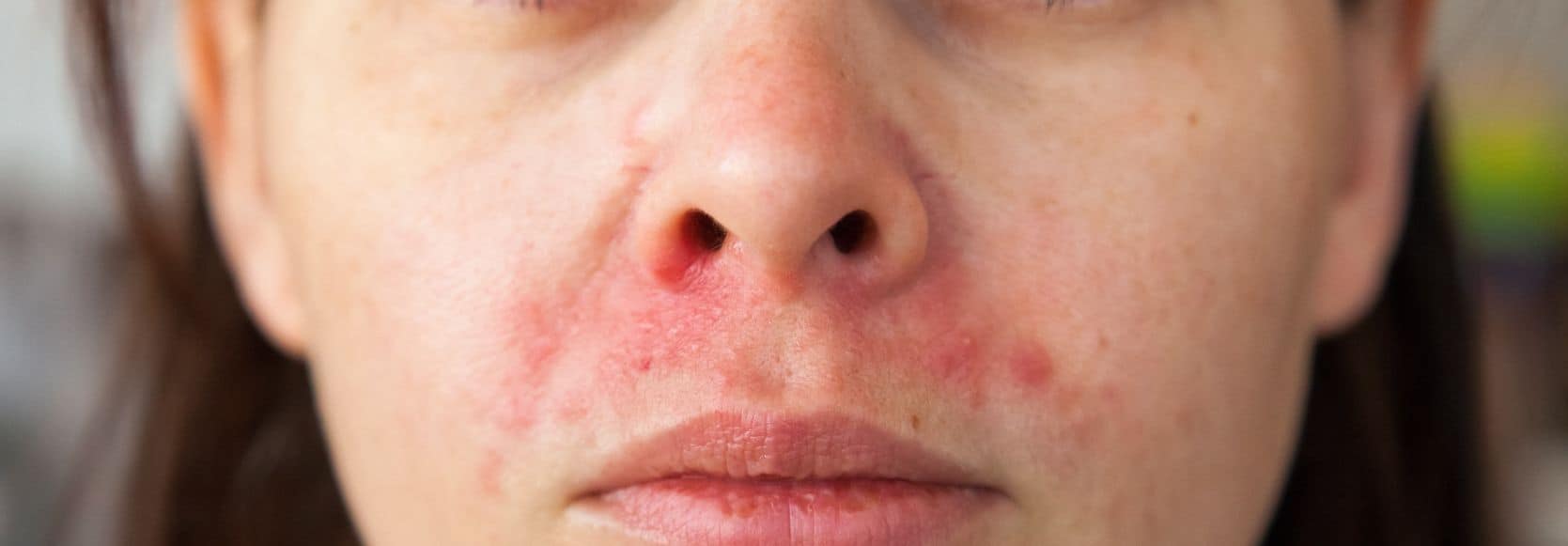Unlocking the Power of Sunscreen
What is SPF?
The Role of SPF in Everyday Skincare
Picking the Right SPF for Your Skin Type
- For Oily Skin: Choose a non-comedogenic, oil-free formula. Gel-based or mattifying sunscreens can help manage extra oil and prevent breakouts.
- For Dry Skin: Hydrating sunscreens with hyaluronic acid or glycerin are perfect. Cream-based sunscreens offer additional hydration.
- For Sensitive Skin: Opt for mineral sunscreens containing zinc oxide or titanium dioxide as they are less likely to cause irritation or allergies.
- For Combination Skin: A balanced formula catering to both dry and oily areas is optimal. Lightweight lotions or fluid sunscreens are great choices.
Debunking Common SPF Myths
There’s a lot of confusion around SPF; it’s time to clear things up. Here are some widespread misconceptions:
Myth 1: SPF is Only Necessary in Summer
Fact: UV rays are omnipresent, penetrating clouds up to 80% of the time. SPF is vital regardless of season or weather.
Myth 2: A Higher SPF Ensures Long-lasting Protection
Fact: Even though a higher SPF offers better protection, it doesn’t eliminate the necessity of reapplication. Sunscreens must be reapplied every two hours, especially after swimming or sweating.
Myth 3: Darker Skin Doesn't Need SPF
Fact: Although melanin provides some protection from UV rays, it’s not enough to prevent skin cancer and photoaging. Everyone should apply SPF daily, irrespective of skin colour.
Myth 4: Indoor Living Doesn't Require SPF
Fact: UV rays can infiltrate windows, implying that indoor exposure can also damage the skin. Applying SPF daily ensures constant protection.
Myth 5: Makeup with SPF is Sufficient
Fact: Depending solely on makeup with SPF isn’t efficient. To attain advertised protection, a hefty layer would be required. Always apply a dedicated sunscreen underneath your makeup.
Understanding these truths ensures adequate skin protection, helping you avoid common mistakes.
Incorporating SPF into Your Daily Routine: Helpful Hints
Including SPF in your everyday routine is simpler than you think. Here are some tips to ensure optimal sun protection:
- Layer SPF Products: Use multiple SPF products like sunscreen, moisturiser and foundation for an extra layer of protection.
- Make it the Last Step: Apply sunscreen after your moisturiser and before makeup for an effective protective shield.
- Don’t Neglect Your Lips: Lips can burn too, so use a lip balm with SPF for protection.
- Set a Reminder: Reapply every two hours while outdoors and immediately after swimming, sweating or towel-drying. A phone reminder can help you remember.
Following these steps guarantees your skin receives consistent protection throughout the day.
Understanding SPF in Preventing Sun-Induced Skin Conditions
Conditions Caused by Sun Exposure:
Conditions Caused by Sun Exposure:
- Photoaging: Long-term exposure to UVA rays accelerates skin ageing, leading to wrinkles, fine lines and hyperpigmentation.
- Age Spots and Sun Damage: These are flat, brown or black spots, also known as liver spots, occur due to persistent sun exposure.
- Freckles and Solar Lentigos: These small, flat, brown skin spots darken with more sun exposure.
- Actinic Keratosis: Characterised by rough, scaly patches due to extended sun exposure, this condition can potentially evolve into skin cancer.
- Basal Cell Carcinoma: This skin cancer form often appears as a translucent bump on the skin and is primarily caused by UV exposure.
- Squamous Cell Carcinoma: This skin cancer form presents as red, scaly lesions and is associated with prolonged UVB exposure.
- Malignant Melanoma: The lethal form of skin cancer can develop anywhere on your body and is closely related to UV exposure.
While SPF predominantly measures protection against UVB rays, numerous sunscreens now offer broad-spectrum protection, guarding against UVA and UVB rays. This all-inclusive protection is vital in maintaining overall skin health.
Conclusion
Incorporating SPF into your daily routine massively contributes to preserving youthful, glowing skin. Realising the significance of sun protection and choosing appropriate products can make SPF a mainstay of your skincare routine.
Remember, the skin protection you maintain today ensures healthier, more stunning skin tomorrow. SPF is crucial whether you’re a skincare beginner or a seasoned pro.
Confidently begin your sun-safe journey and seek the assistance of skincare professionals for personalised advice. Dermatologists can help you select a suitable SPF and address any queries about sun-induced conditions. Your skin will be grateful!





